What Services Should Be Offered by a Reliable Clinic?

Dental Services Overview
Importance of Dental Clinics
Dental clinics play a crucial role in promoting and maintaining oral health. They provide a full range of services that cater to the needs of both pediatric and adult patients. From routine checkups and cleanings to advanced treatments, a well-equipped dental clinic helps ensure optimal oral wellness. This comprehensive approach allows patients to effectively manage their dental health while addressing specific concerns as they arise. Key offerings in a reliable clinic include preventive care, emergency treatments, and specialized dental services.
Having access to modern facilities is essential for quality care. Clinics equipped with advanced dental technology, such as digital X-rays and intraoral cameras, enhance the patient experience and improve treatment outcomes (West Lakes Dentistry). A welcoming environment with patient-friendly amenities is vital, particularly for children, to foster a positive experience during dental visits (West Lakes Dentistry).
Essential Dental Treatments
A good dental clinic should offer a diverse range of essential treatments to meet the varying needs of its patients. Below is a summary of key services commonly provided:
| Service Type | Description |
|---|---|
| Routine Checkups | Regular examinations to monitor oral health, often including cleanings. |
| Preventive Care | Measures to help avoid dental issues, such as fluoride treatments and sealants. |
| Restorative Treatments | Services like fillings, crowns, and bridgework to restore function and aesthetics. |
| Orthodontics | Treatments to correct misalignments, including braces and clear aligners. |
| Emergency Care | Immediate services for dental emergencies, such as extractions or trauma management. |
| Pediatric Dentistry | Specialized services aimed at the dental needs of children. |
Preventive strategies, including practicing good oral hygiene habits and attending regular dental visits, contribute significantly to avoiding severe dental issues. Regular examinations help catch potential problems early, leading to better health outcomes and financial savings.
By understanding what services should a good dental clinic offer, patients can make informed choices and prioritize their health effectively. For more insights on selecting the right clinic for personal needs, visit how to find the best dental clinic near you?.
Emergency Dental Care
Emergency dental care is a critical aspect of services offered by a reliable dental clinic. Recognizing dental emergencies and knowing the steps to take can help preserve oral health and prevent further complications.
Recognizing Dental Emergencies
A dental emergency arises when a patient experiences acute pain, injury, or infection, requiring immediate attention. Common scenarios that categorize as dental emergencies include:
| Type of Emergency | Description |
|---|---|
| Knocked-Out Teeth | Teeth forcibly removed from the socket. Immediate care is required to potentially save the tooth. |
| Cracked Teeth | Fractures that can lead to pain or tooth loss if not treated promptly. |
| Severe Toothaches | Intense pain indicating underlying issues that often need urgent treatment. |
| Dental Abscesses | Infection causing swelling, fever, and severe discomfort. |
These situations not only cause intense pain but can also lead to other serious complications if not addressed quickly.
Immediate Actions for Emergencies
In the event of a dental emergency, prompt action is essential. Here are recommended immediate steps for different types of emergencies:
Knocked-Out Tooth
- Handle the tooth by its crown, avoiding touching the root.
- Rinse the tooth gently with water if it's dirty.
- Place the tooth back into its socket if possible. If not, keep it in milk or in the cheek pouch to preserve it.
- Seek emergency dental treatment as soon as possible.
Cracked Tooth
- Rinse the mouth with warm water to clean the area.
- Apply a cold compress to the face to reduce swelling.
- Visit a dental clinic immediately to prevent further damage.
Severe Toothache
- Rinse the mouth with warm salt water to disinfect.
- Use over-the-counter pain medication to alleviate pain.
- Schedule an immediate dental appointment.
Dental Abscess
- Rinse the mouth with warm salt water to ease discomfort.
- Avoid applying heat to the area, which can worsen the infection.
- Seek dental care urgently to address the infection and prevent it from spreading.
Acting quickly in a dental emergency can significantly impact the outcome and may save a tooth. Individuals should know how to choose a dental clinic for emergency care by considering availability, services offered, and patient reviews. For more information on selecting the right clinic, refer to our article on choose a dental clinic for emergency care.
Preventive Dentistry
Preventive dentistry is a crucial aspect of maintaining optimal oral health and is at the core of what services a good dental clinic should offer. By addressing potential issues before they become significant problems, patients can enjoy healthier smiles and avoid unnecessary dental emergencies.
Preventing Oral Health Issues
Preventive strategies are essential in avoiding dental emergencies, and they include practicing good oral hygiene habits. This involves brushing and flossing daily, visiting the dentist regularly for check-ups, and wearing protective gear like mouthguards during contact sports.
Some recommended preventive care measures include:
| Preventive Action | Description |
|---|---|
| Daily Brushing | Brush at least twice a day using fluoride toothpaste to remove plaque. |
| Flossing | Floss daily to eliminate food particles and plaque between teeth. |
| Healthy Diet | Maintain a balanced diet that supports oral health, limiting sugary foods. |
| Regular Oral Exams | Schedule professional cleanings and check-ups at least every six months. (why visit a dental clinic every 6 months?) |
| Protective Gear | Use mouthguards during contact sports to prevent dental injuries. |
Engaging in these practices not only helps to prevent oral diseases but ensures a healthy smile that lasts a lifetime (Delta Dental).
Benefits of Preventive Care
The benefits of preventive care are multifaceted and significant. Regular dental visits and preventive measures can help maintain overall health, save time and money, and prevent serious dental diseases (Delta Dental).
Some key advantages include:
| Benefit | Description |
|---|---|
| Reduced Risk of Dental Issues | Prevents conditions like tooth decay and gum disease (Delta Dental). |
| Savings on Future Treatments | Early detection of issues can lead to less expensive solutions. |
| Long-term Health Benefits | Contributes to overall systemic health and wellbeing. |
| Enhanced Smile Confidence | Maintaining oral health positively impacts self-esteem. |
| Minimization of Dental Emergencies | More effective management of oral health prevents emergency situations. |
In summary, preventive dentistry is vital in maintaining oral health and should be emphasized in any reputable dental clinic. Understanding what services should a good dental clinic offer involves recognizing the importance of both preventive measures and regular check-ups to ensure lasting dental well-being.
Advanced Dental Technologies
Advancements in dental technologies play a significant role in enhancing patient experiences and improving treatment outcomes. Understanding these innovations allows individuals to seek out clinics that provide relevant services.
Role of Digital Imaging
Digital imaging has revolutionized the field of dentistry, particularly in preventive care. This technology offers accurate and efficient methods for diagnosing and treating dental issues. For instance, digital X-rays have replaced traditional film X-rays, providing instant images that are accessible on a computer screen. This innovation reduces processing times and lowers radiation exposure for patients (NCBI).
Additionally, digital impressions taken with intraoral scanners have largely replaced the messy analog impressions commonly used in the past. These digital impressions offer greater precision, enhance patient comfort, and significantly reduce the need for repeat appointments (NCBI).
| Technology | Benefits |
|---|---|
| Digital X-rays | Instant images, reduced radiation exposure |
| Intraoral scanners | Improved accuracy, increased comfort |
Advancements in Dentistry Tools
Modern dental tools are increasingly sophisticated, enabling clinics to provide a range of enhanced services. Three-dimensional printing technology has transformed the creation of dental restorations such as crowns and bridges. This innovation allows for the production of highly detailed models and customized dental solutions, leading to more efficient and cost-effective processes.
Furthermore, laser dentistry has emerged as a minimally invasive technique that decreases the need for anesthesia, bleeding, and discomfort during various dental procedures. This approach promotes faster healing and significantly reduces the risk of infection, ultimately improving the overall patient experience (Westfield Smiles).
| Advancement | Key Features |
|---|---|
| 3D Printing | Custom restorations, cost-effectiveness |
| Laser Dentistry | Minimally invasive, faster healing |
Incorporating advanced technologies in a dental practice demonstrates a commitment to quality care, which is essential when understanding what services should a good dental clinic offer?. These innovations not only enhance clinical capabilities but also contribute to a more comfortable and efficient patient experience.
Orthodontic Treatments
Correcting Dental Alignment
Orthodontic treatments are essential services that a good dental clinic, such as Sola Dental Spa, should offer. These treatments primarily aim to correct dental alignment issues, including crooked, overlapped, twisted, or gapped teeth. Available options typically include traditional braces, clear aligners, and removable retainers, which cater to the various needs of patients (Cleveland Clinic).
| Type of Orthodontic Treatment | Description | Suitable For |
|---|---|---|
| Traditional Braces | Metal brackets and wires that gradually shift teeth into place | Patients of all ages |
| Clear Aligners | Removable plastic trays that align teeth discreetly | Adults and teens |
| Removable Retainers | Devices worn after braces to maintain tooth position | Post-treatment patients |
It's recommended that children have their first orthodontic visit by the age of 7. Early evaluations allow for timely interventions that can potentially lessen the need for extensive dental procedures later on.
Importance of Orthodontics
The importance of orthodontic care cannot be understated. It does not merely focus on aesthetics; it also plays a significant role in preventing various oral health issues. Proper dental alignment improves how the upper and lower teeth meet, which can reduce the risk of cavities, gum disease, and excessive wear on teeth (Cleveland Clinic).
Orthodontic treatments can benefit almost everyone by enhancing the appearance of smiles, improving chewing function, and promoting better oral health overall. It's crucial that patients seeking such treatments are in good dental health prior to proceeding with orthodontics, as serious issues like extensive decay or gum disease can complicate the treatment process and hinder oral health.
For those looking to learn more about dental services, explore our article on what services should a good dental clinic offer?.
Pediatric Dental Care
Child-Focused Dental Services
Pediatric dental care is essential for ensuring the oral health of children. A reliable dental clinic should offer specialized services tailored to the unique needs of young patients. These services often include routine check-ups, cleanings, fluoride treatments, and sealants, all aimed at preventing cavities and other dental issues from an early age.
| Pediatric Service | Description |
|---|---|
| Routine Check-ups | Regular examinations to monitor dental growth and development. |
| Cleanings | Professional cleaning to remove plaque and tartar buildup. |
| Fluoride Treatments | Application of fluoride to strengthen developing teeth. |
| Sealants | Protective coatings applied to the chewing surfaces of molars to prevent decay. |
These child-focused services not only help in maintaining good oral health but also lay the foundation for a lifetime of positive dental habits. Parents should seek dental clinics that prioritize child-friendly environments, making visits less intimidating for kids.
Ensuring Children's Oral Health
To ensure children's oral health, clinics should educate parents about the importance of regular dental visits and effective home care routines. Children should ideally have their first dental visit by the age of 1, and this should be followed by periodic check-ups every six months, similar to the recommendations for adults why visit a dental clinic every 6 months?.
Furthermore, clinics should provide guidance on proper brushing techniques, diet choices, and the importance of avoiding sugary snacks which can lead to cavities. Early orthodontic evaluations are also vital; children should have their first orthodontic visit by age 7, as early treatment can reduce the need for extensive procedures later in life (Cleveland Clinic).
Parents should look for clinics that offer comprehensive pediatric services and maintain a child-friendly atmosphere, as this can significantly improve the dental experience for their children. For more tips on how to choose the right dental clinic for families, you can refer to our article on the benefits of a family dental clinic.
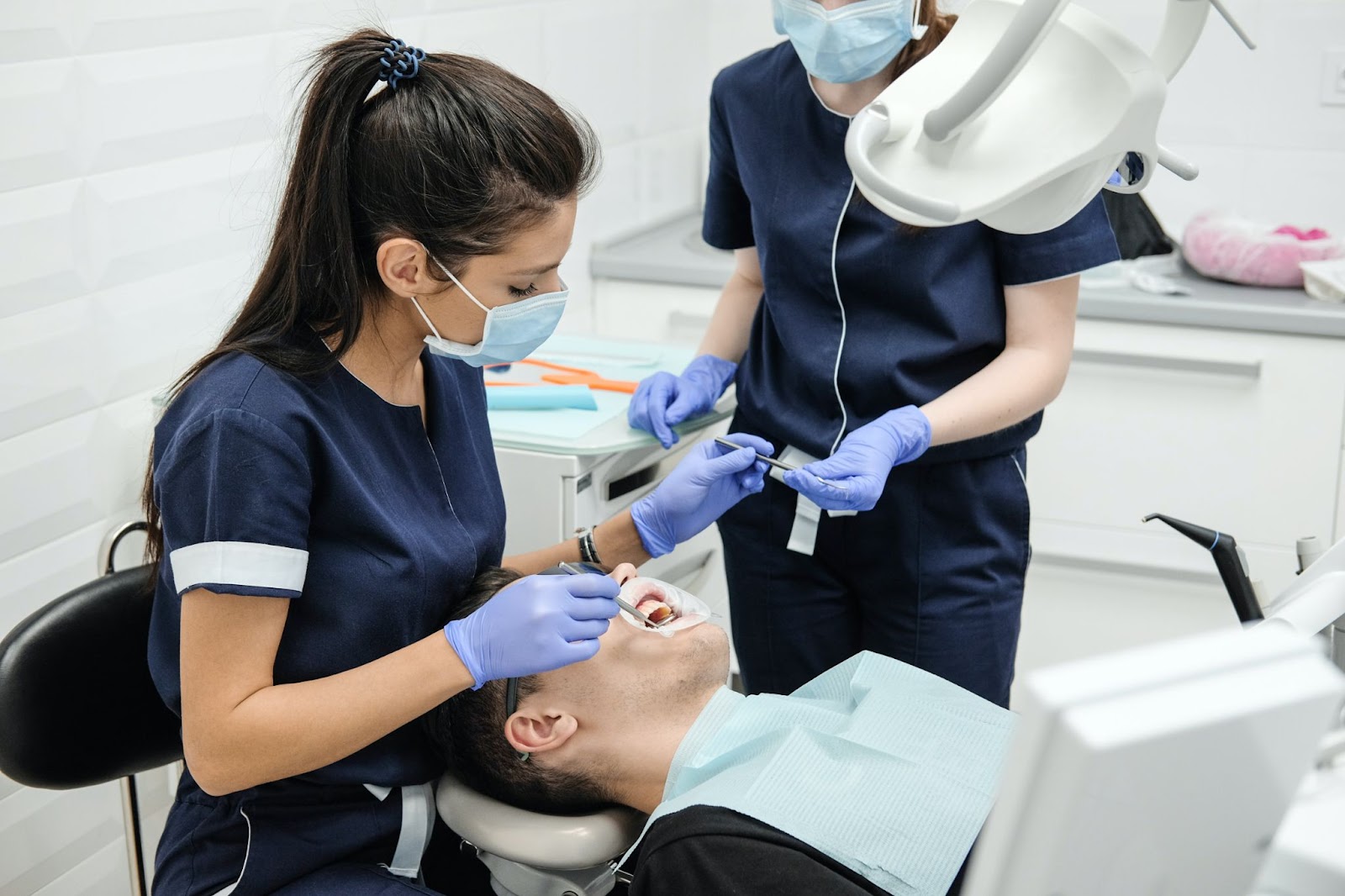





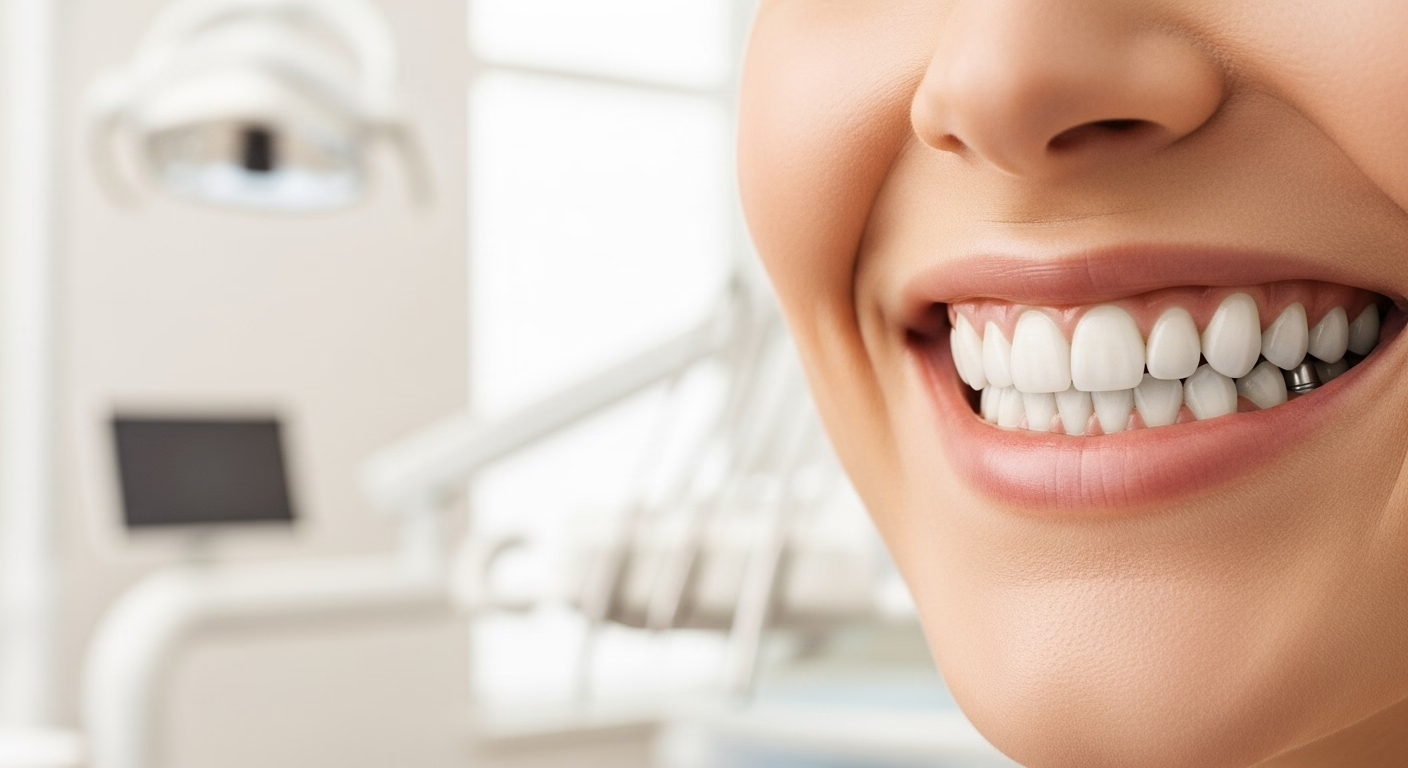
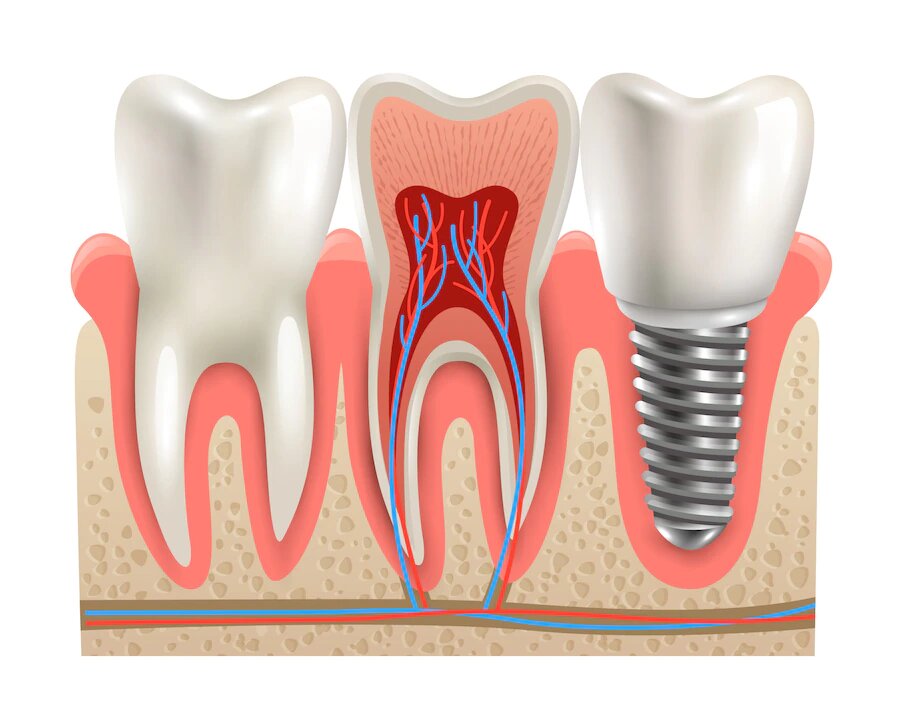
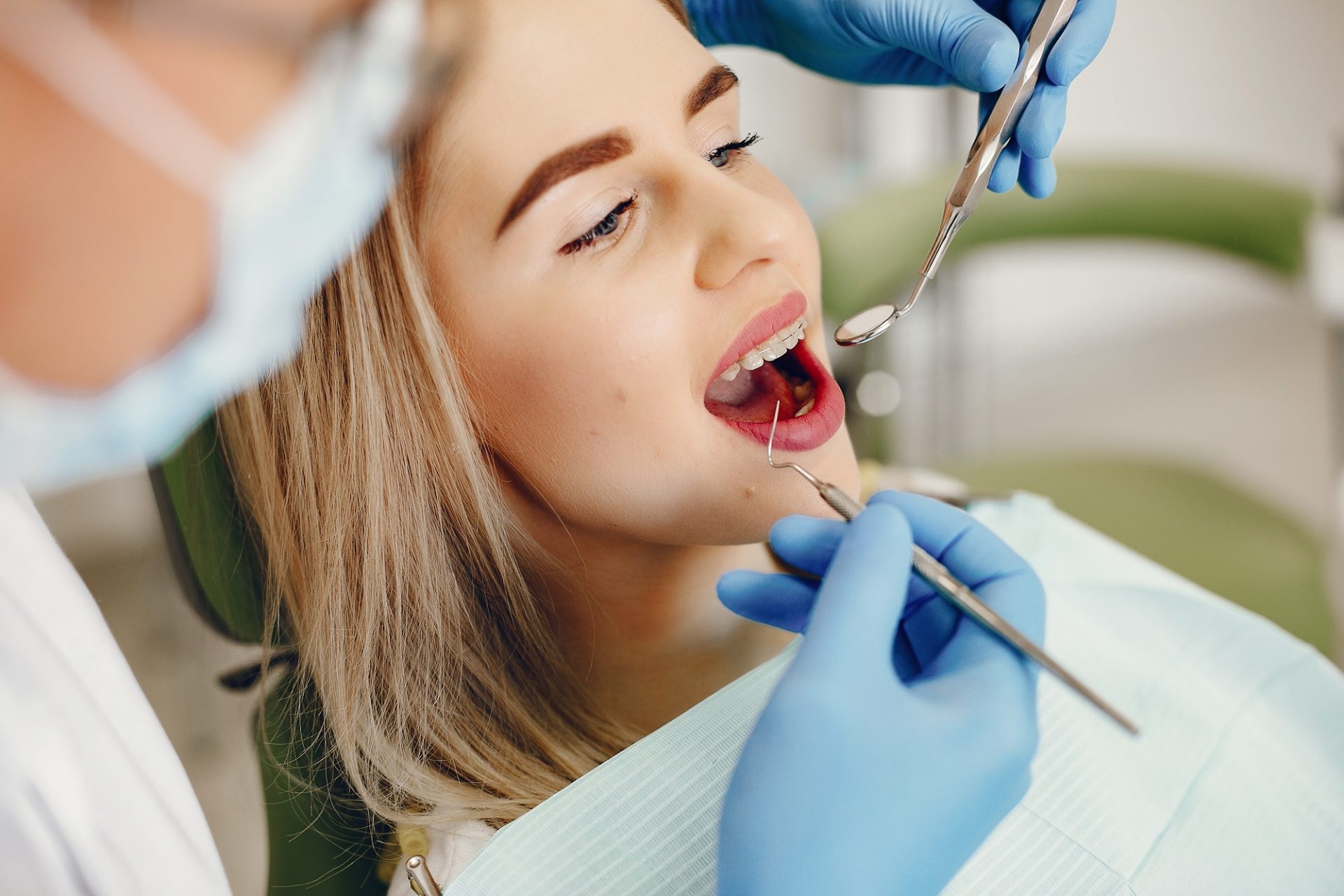









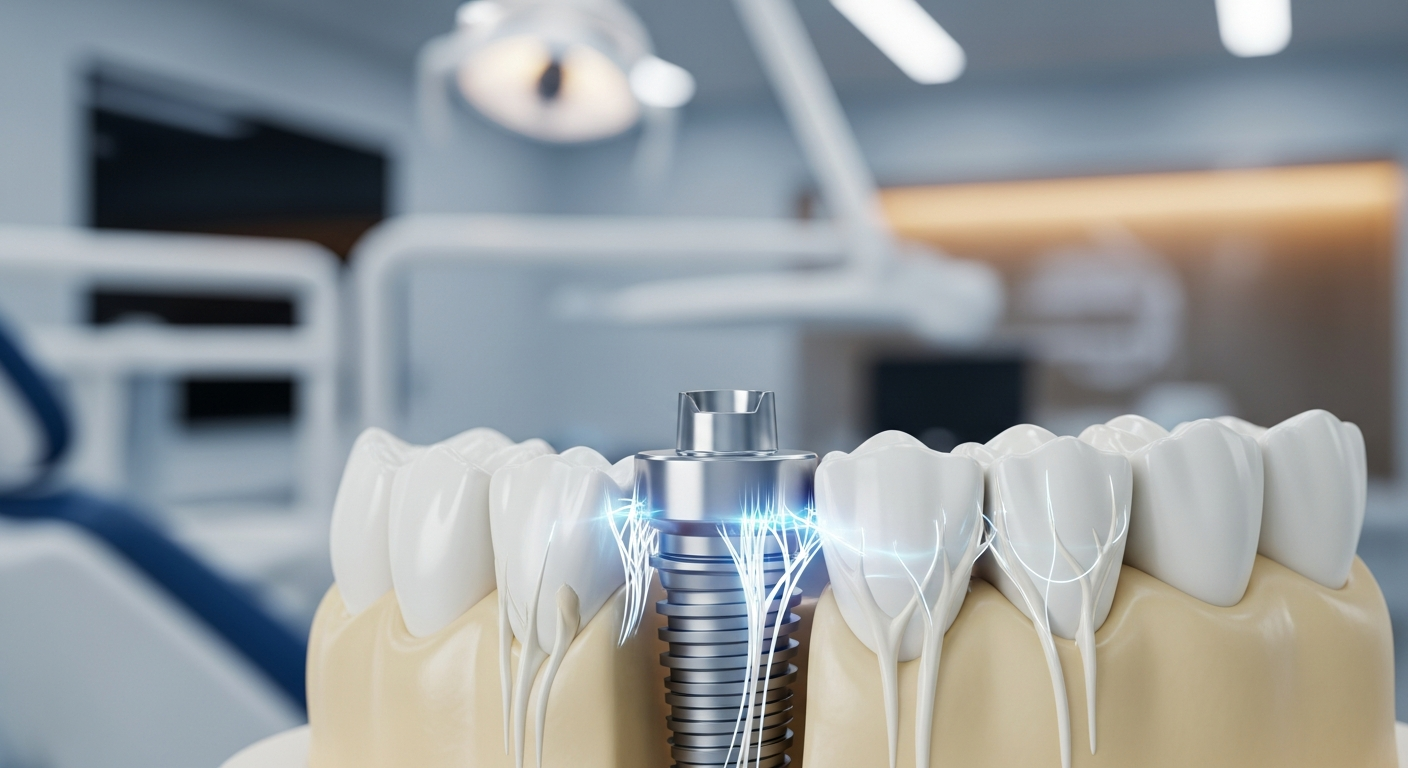






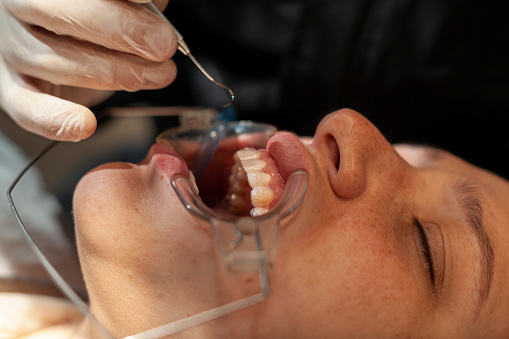

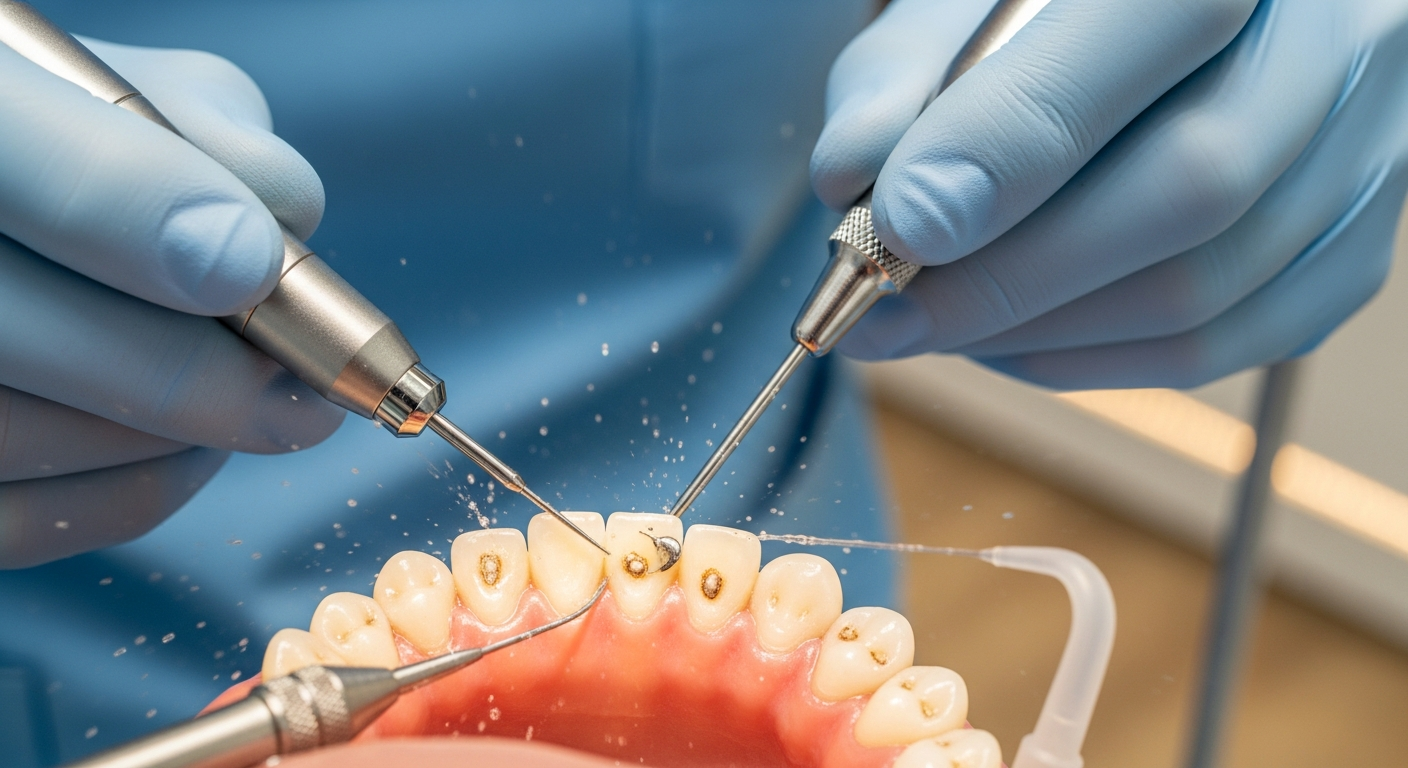

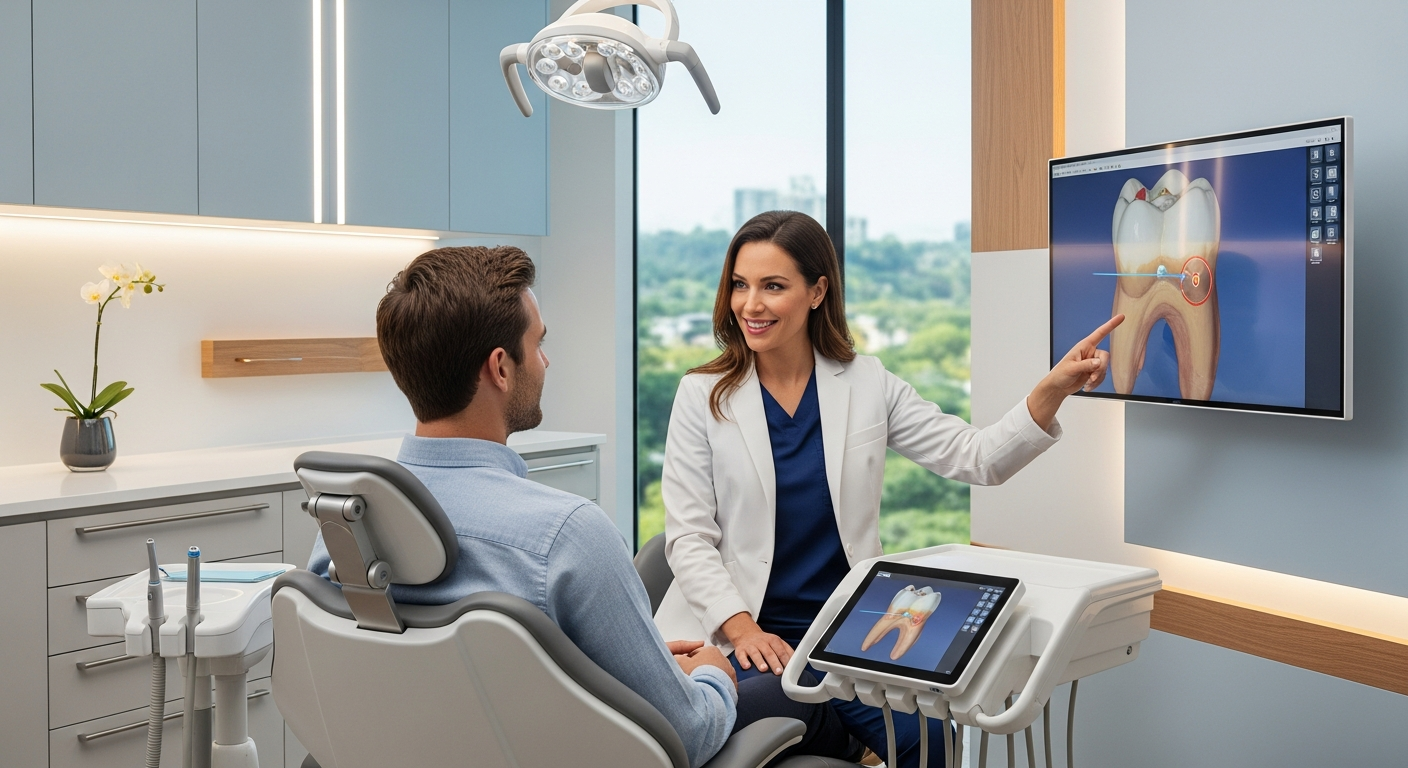
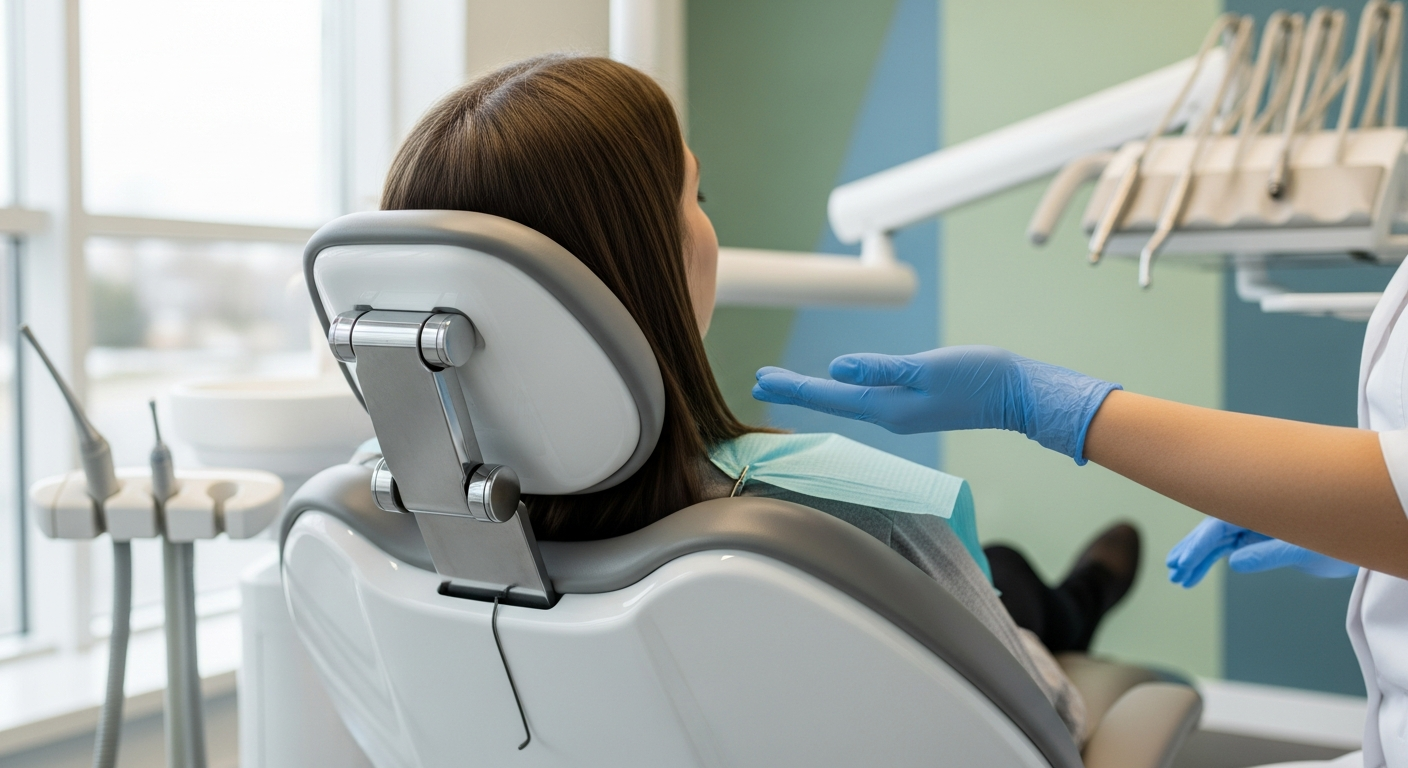

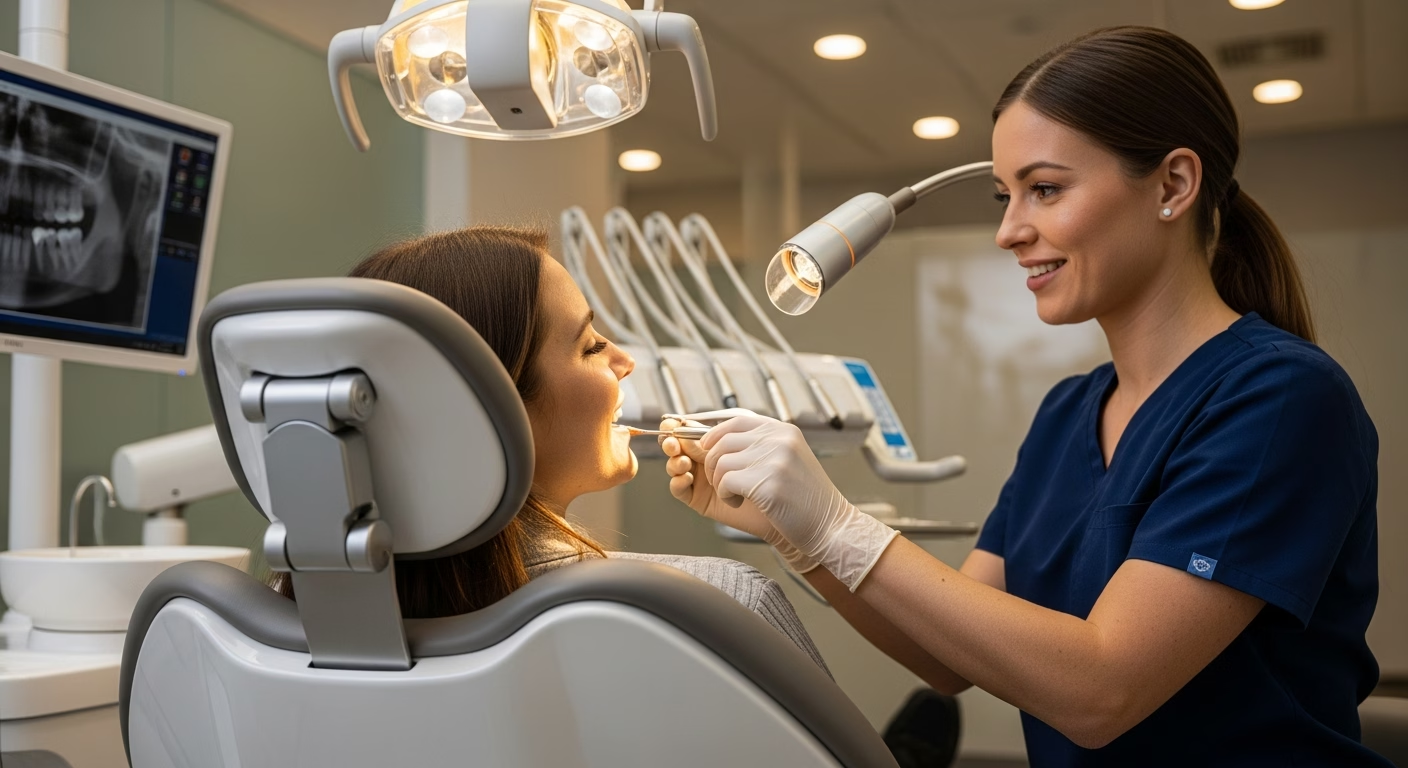
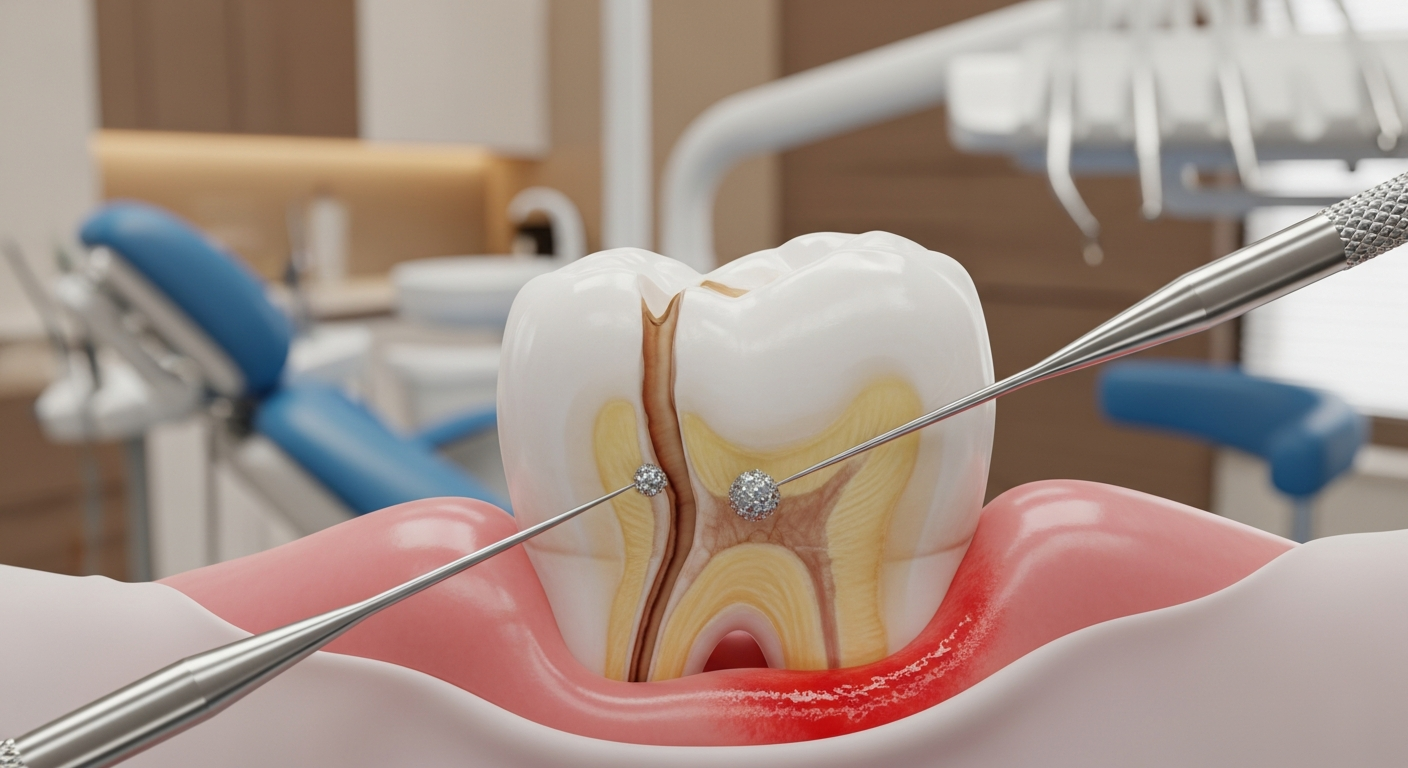




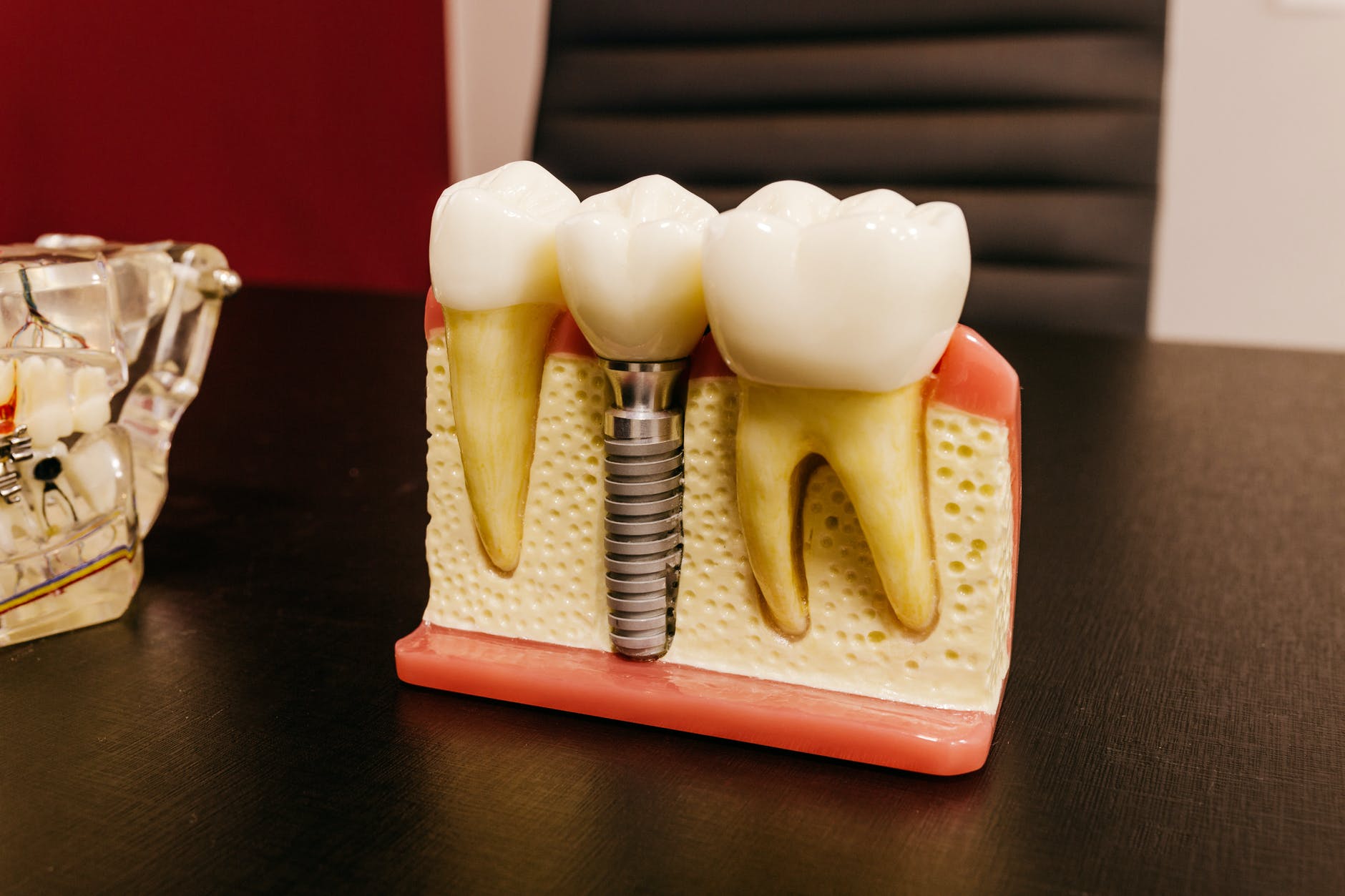


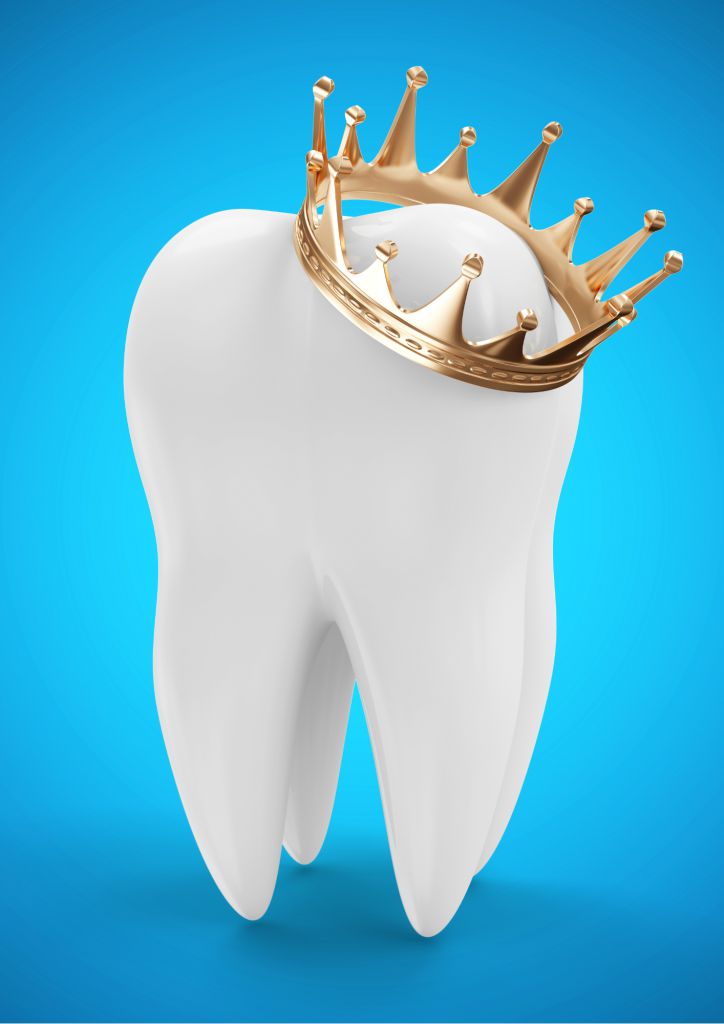







.avif)


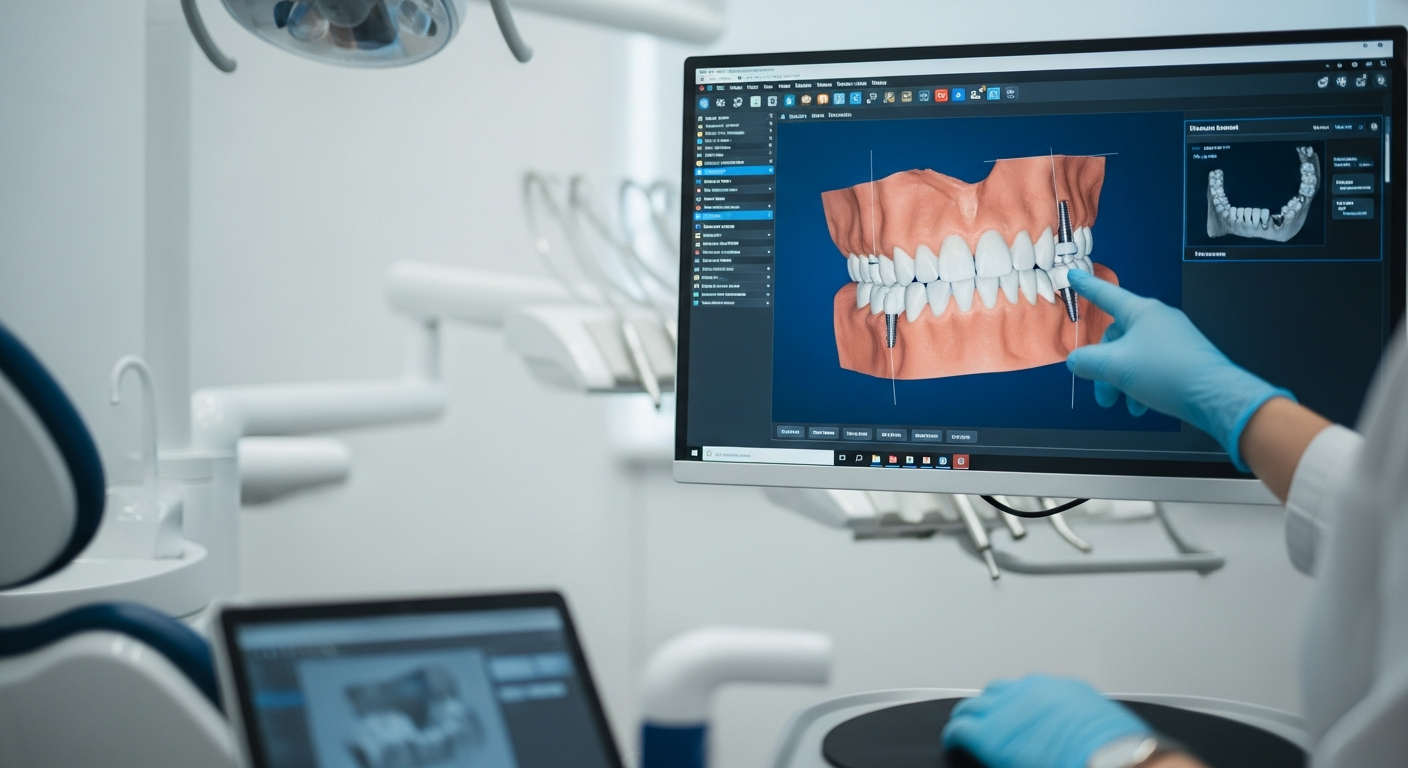

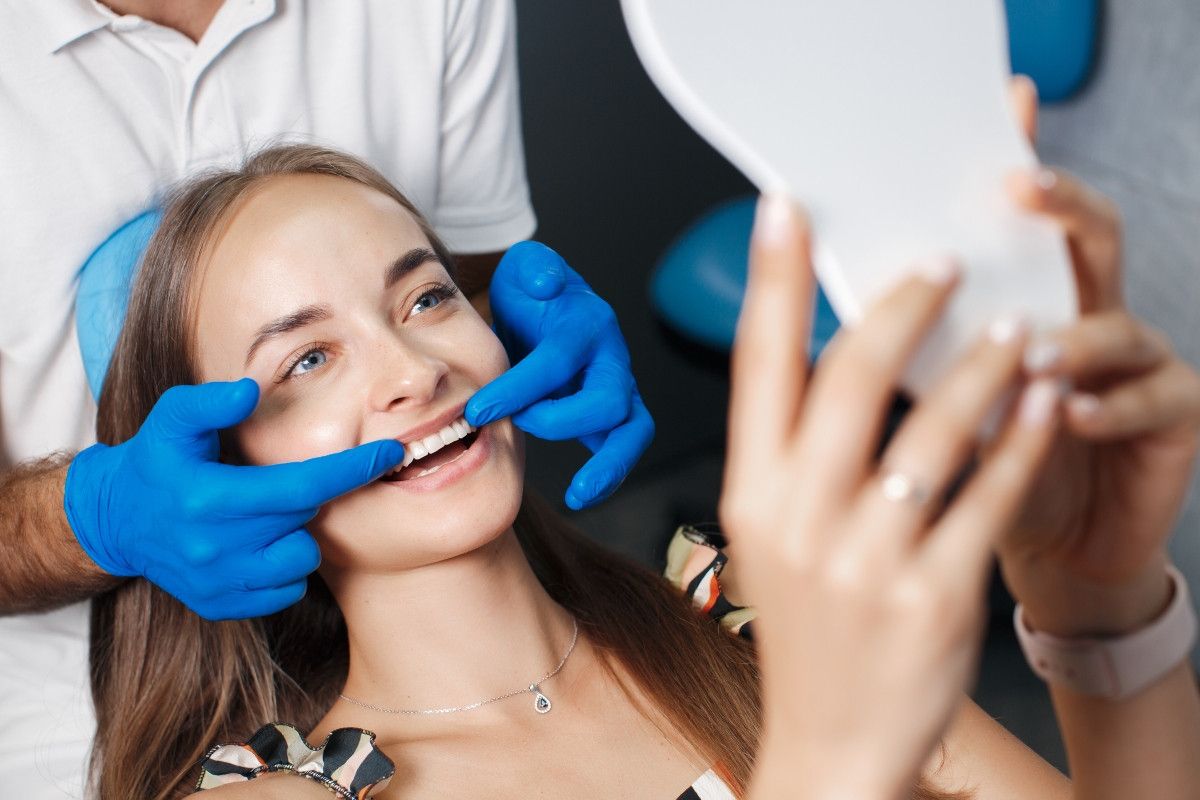

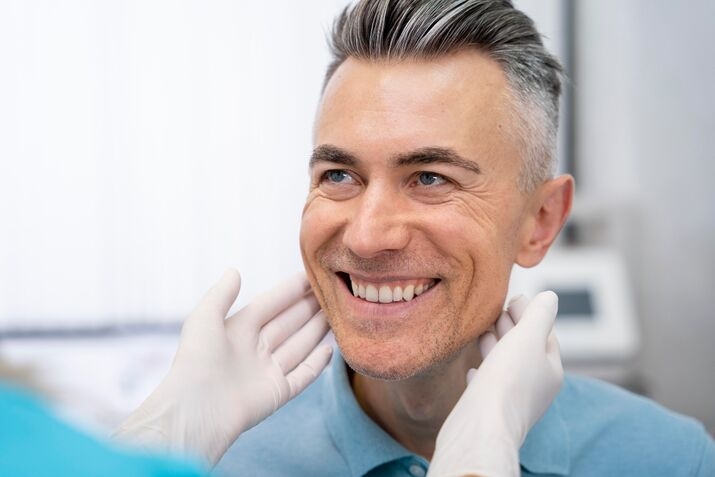
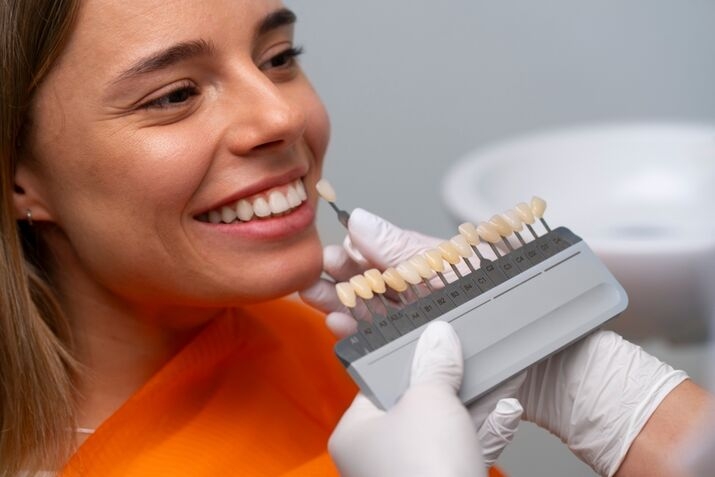


.jpg)


















.avif)


















.jpg)


